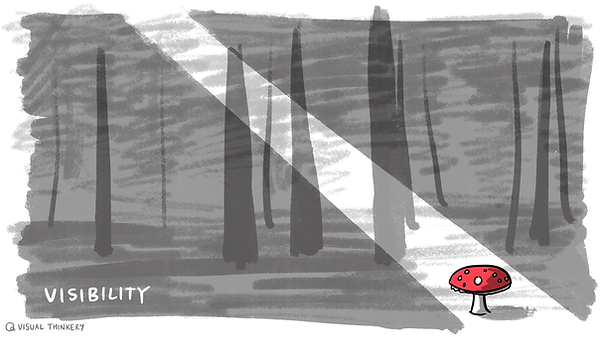Welcome to the
Mycelial Network for Community Asset Developers!
Transforming neighbourhoods one building at a time.

The Mycelial Network is a peer solidarity network for community-led organisations that are activating and stewarding land and buildings to transform our neighbourhoods.
We do this to build local power and wealth for the long term — to create socially and racially just, ecologically resilient places.

Mycelial Network: Why, what and how
In 2023, around 30+ Community Asset Developers* across England (from Sunderland to Plymouth, Birmingham to Margate) came together, in need of a dedicated focused network for people doing this work.
We realised we needed peer solidarity and support through the highs and lows of community asset development — a long, hard journey we were all on.
We also realised our collective power and strength. For example, taking 10 of the network's members alone, we've collectively:
-
unlocked and transformed over 100 buildings (for community use and community wealth in perpetuity)
-
created affordable long-term spaces for over 2,200 community organisations
-
leveraged over £140 million for locally-led neighbourhood transformation.
Together we can organise and collectivise to tackle systemic barriers. For example, transforming the funding landscape so it's fit for purpose.

And so, we exist to:
-
Build trust and peer relationships that bring inspiration, solidarity, shared power and critical support systems to Community Asset Developers (CADs) across England
-
Remove systemic barriers to accessing land and assets – such as race, class, geography, gender (and more)
Our work is deeply hopeful and determined – together we're demonstrating the inevitable future.

How we organise
We gather in solidarity, to build power, share knowledge and resources, and work to shape systems like funding and institutional partnerships.
We do this in the spirit of our manifesto and organise around missions (read more about these here).
We come together in ways like:
-
An annual residential gathering
-
A calendar of regular peer-led learning visits and calls, enabled by a shared budget
-
A Whatsapp community
-
‘Design sprints’ that help build momentum and proposals for new funds, practices and campaigns
-
Shared learning journeys (such as racial justice and anti-oppression)
At the heart of our way of working and our manifesto is the metaphor of mycelium, inspired by the work of New Constellations – whose deep research into fungal networks helped us think about how our own ecosystems might be more mycelial in nature.
Mycelium = a network of fungal threads or hyphae under the soil, which forge mutually-beneficial partnerships with plants and trees, and distribute resources to areas that need them.

*What are CADs and why do they matter?
We call ourselves 'Community Asset Developers' (CADs): locally-led organisations that take on buildings and spaces to benefit our neighbourhoods. CADs work with and for their communities to secure places—like community centres, cultural venues, and workspaces—so they remain in community ownership for the long term.
CADs are catalytic in nature: these organisations aren’t just about owning buildings; they create thriving local ecosystems by supporting social enterprises, grassroots initiatives, and ultimately, long-term neighbourhood-wide transformation.

At least 75% of the UK’s urban neighbourhoods are under corporate ownership and control, leading to behaviours like landbanking, rent hikes and ongoing vacancies. By localising and democratising who owns and controls urban neighbourhoods, CADs:
-
protect and transform spaces for community use – critical in the face of spiralling inequality and widening social division;
-
build local power and wealth, ensuring neighbourhoods shape their own future and any rents are reinvested for local benefit;
-
enable collaboration, creating networks of organisations meeting local needs, delivering social justice and working together for change;
-
drive neighbourhood-wide retrofit and climate adaptation – critical given the scale of the ecological emergencies we face.
Through the Mycelial Network we’re weaving threads between participants as a way to grow the trust, mutual support and resources that flow between us. We know that we’re stronger together, and can use our agency and influence as a collective in the face of power imbalances with funders, asset owners and local authorities – rather than facing struggles on our own.

